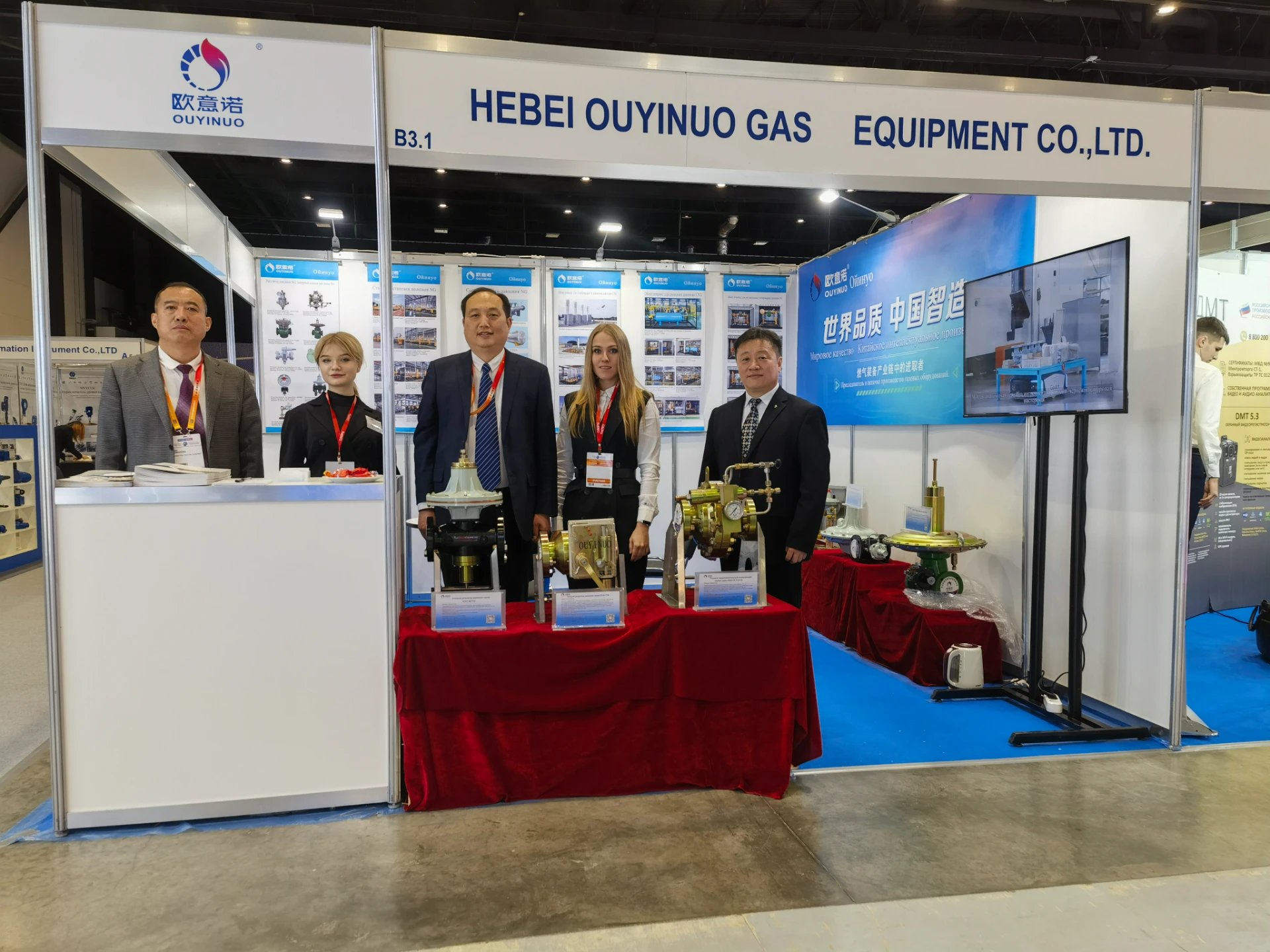
9 月 . 15, 2024 20:36
Back to list
pressure vessel
Pressure vessels are critical components in many industrial applications, designed to contain liquids or gases at pressures substantially different from the ambient pressure. These containers play a vital role in the safe and efficient operation of various processes across industries such as oil and gas, chemical manufacturing, power generation, and food processing.
The design and construction of pressure vessels are governed by strict regulations and codes, such as the American Society of Mechanical Engineers (ASME) Boiler and Pressure Vessel Code. These codes ensure that the vessels can withstand the intense stresses imposed by high-pressure contents. Material selection is crucial; materials must not only be strong but also resistant to corrosion and fatigue. Common materials used include carbon steel, stainless steel, and other alloys.
The engineering of pressure vessels involves complex calculations and simulations to analyze stresses, determine appropriate wall thicknesses, and ensure safety factors are met. Engineers must consider various factors, including temperature fluctuations, internal pressure increases, and potential impacts during operation. Proper ventilation and pressure relief mechanisms, such as safety valves and rupture disks, are integrated to prevent catastrophic failures.
pressure vessel

Manufacturing pressure vessels requires precision and adherence to strict quality control standards. The welding process is particularly critical; any defects in the welds can lead to leaks or explosions. Non-destructive testing methods, such as ultrasonic testing and radiography, are employed to inspect welds and ensure structural integrity throughout the vessel's lifespan.
Once constructed, pressure vessels must undergo regular inspection and maintenance to ensure their safety and efficiency. Regular checks can identify weaknesses or signs of wear before they lead to dangerous failures. The implementation of advanced monitoring technologies, such as pressure sensors and data analytics, allows for real-time monitoring of the vessel’s condition, facilitating timely maintenance actions.
In conclusion, pressure vessels are indispensable in various industrial sectors, carrying the inherent risks of operating under pressure. Due diligence in design, manufacturing, and maintenance practices is essential to ensure operational safety and compliance with regulatory standards. As industries evolve, the advancement of materials and technology continues to enhance the efficiency and reliability of these critical components, underscoring their importance in modern engineering and safety management.
Latest news
-
Unlocking The Quality Gas Pressure ReducersNewsNov.01,2024
-
The Role of Gas Pressure Reducing StationsNewsNov.01,2024
-
The Importance and Functionality of Safety Relief ValvesNewsNov.01,2024
-
The Essential Role of Safety Valves in Natural Gas ApplicationsNewsNov.01,2024
-
The Essential Role of Gas Pressure RegulatorsNewsNov.01,2024
-
Enhance Your Premium Gas FiltersNewsNov.01,2024

